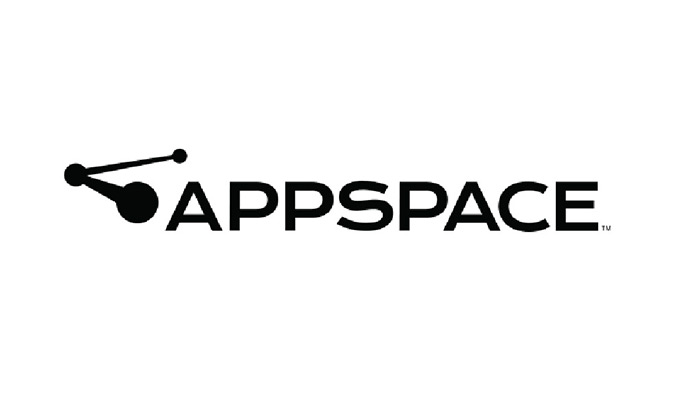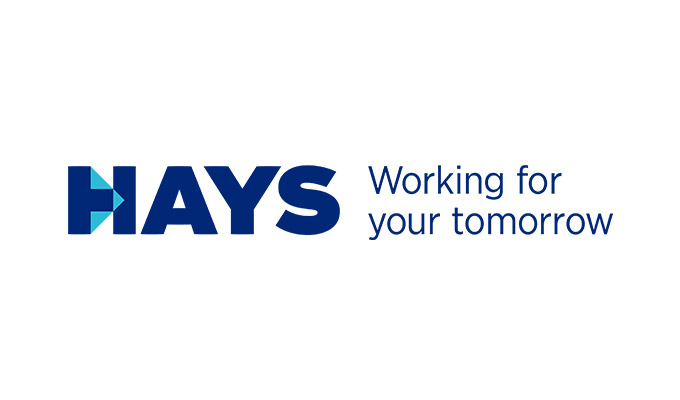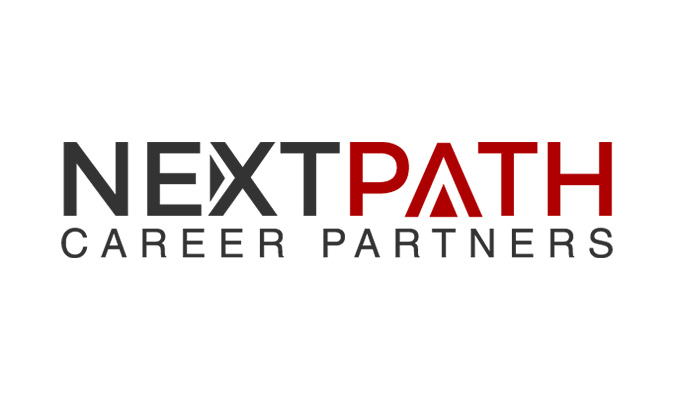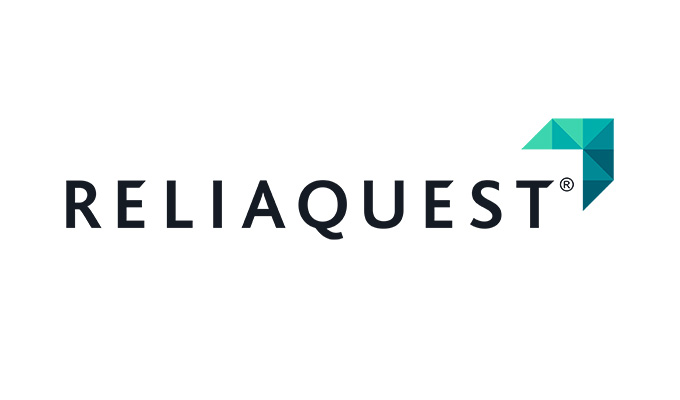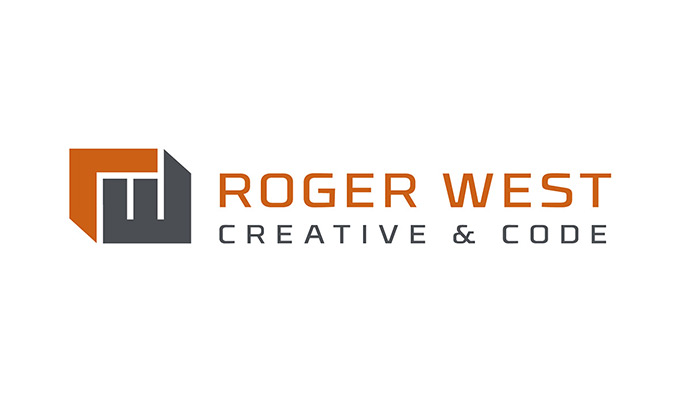Big Thoughts
Poverty in Our Country: Why You Should Care and What We Can Do About It
This blog was written by Tony DiBenedetto, Founder at Think Big for Kids.
Many of you know me as a tech entrepreneur. But most of my childhood was spent in poverty. I lived with several families and countless places before I was 18. I was fortunate to have many people from different backgrounds, races and income levels give me a place to stay, clothes or just good advice. I am certain that, without the help of these wonderful people, I would not have had an impact on my own community as an adult. I am hoping that as you read this you are motivated to help us at Think Big for Kids, as we help children who share a similar upbringing as mine.
In 1964, President Lyndon B. Johnson declared an “unconditional war on poverty,” and signed the Economic Opportunity Act of 1964. He said, “Our aim is not only to relieve the symptom of poverty, but to cure it and, above all, to prevent it.”
Despite some initial success of the programs launched through the Act, the number of people in the United States living below the poverty line has more than doubled since 1970. That number does not include the millions of Americans who live just above the poverty line.
These facts bother many of us at a very humanistic level. We have great empathy knowing that our fellow Americans are living not just month-to-month, but day-to-day, simply to put a meal into their bodies or a roof over their heads. But there are other reasons you should care about the state of poverty in our country.
Studies show that the violent crime rate is double for people living at or below the poverty level. When people can’t eat or provide for their families they resort to illegal things. They also begin to lose hope of ever getting out of the cycle. This also impacts relationships with law enforcement, which as we all know is the focus of much discussion and debate in our country. To be clear, I am not interested in the politics of poverty, just the humanity.
Want Better Outcomes? Start Earlier.
When people earn above the poverty line, they contribute taxes to the local community. These taxes pay for many things including our education systems. Yet schools in lower income communities do not have the resources to provide the necessary education to help kids rise above an existence in poverty – and so the cycle continues.
Over the years I have noticed that many of the programs designed to break the cycle of poverty are focused on adults, which makes sense. The impact can be immediate. But my experience living and serving in this community my whole life, is that focusing on kids before their paths are etched has a much better chance of generating positive outcomes. Kids are still open minded about the future, new ideas and learning.
Education and Opportunities Can Break the Cycle
We can and we are doing something about poverty in America. Our mission at Think Big for Kids is to break the cycle of poverty. I am confident we can make this happen in one generation for the kids who become part of our program.
Government programs over the last 50 years were focused on adults, applying solutions far too late in someone’s life. Think Big for Kids is focused on programs that build skills and provide opportunities that lead to better jobs and prevent a lifetime in poverty.
So here is what we are doing. We are educating kids ages 12-18 on what is possible, and we are creating opportunities for them to go make it happen.
- We are partnering with companies across the country to work directly with our kids, showing them what types of jobs are out there and the skills and training needed to do them. Our partners represent a wide variety of industries, such as banking, healthcare, construction, retail, professional services, electrical contracting, technology and more, and they are connecting with our kids to help them discover the passion that underlies these careers.
- We match our kids at the end of eighth grade with a mentor who works one-on-one with them to develop a career plan, including what classes to take and what skills and education are necessary to meet their goals.
- We also provide opportunities for internships, job shadowing and field trips that allow our teens to see firsthand what these jobs entail.
- Finally, we provide scholarships and apprenticeships to enable our kids to get the training or education required for the job they are passionate about pursuing.
It’s time to put empathy into action. We all need to care about this. I encourage you to get involved. Become a mentor, provide an internship, make a donation, or offer a job to one of our kids now! Visit our website to learn more at www.thinkbigforkids.org or contact Amy Alley, our Executive Director of Think Big for Kids at Amy.Alley@thinkbigforkids.org to get connected and help us make a difference.


